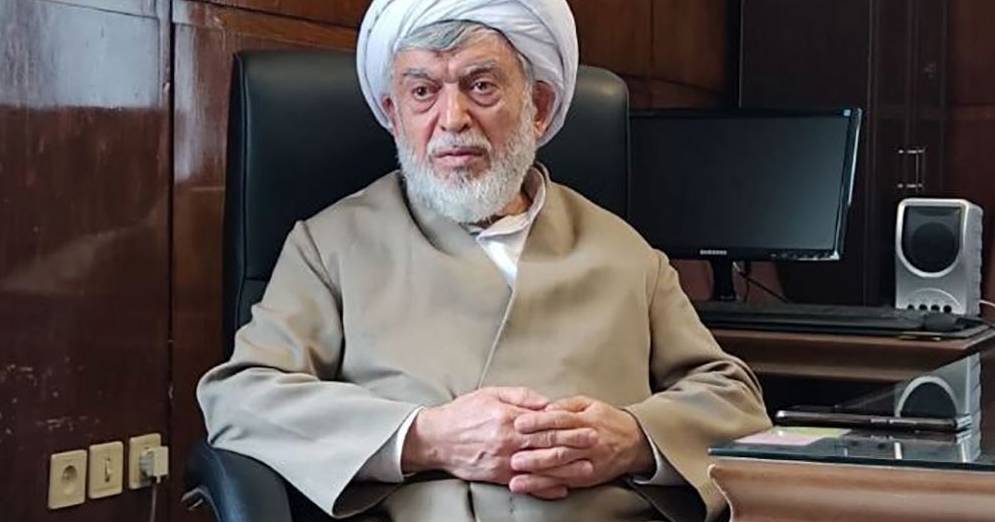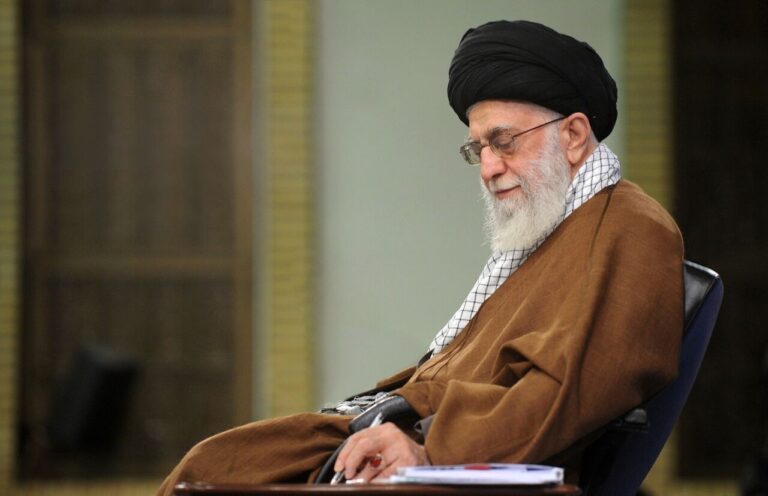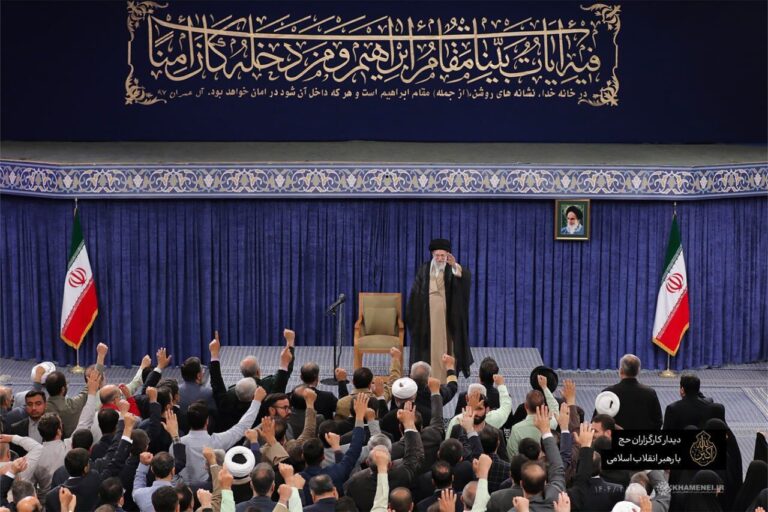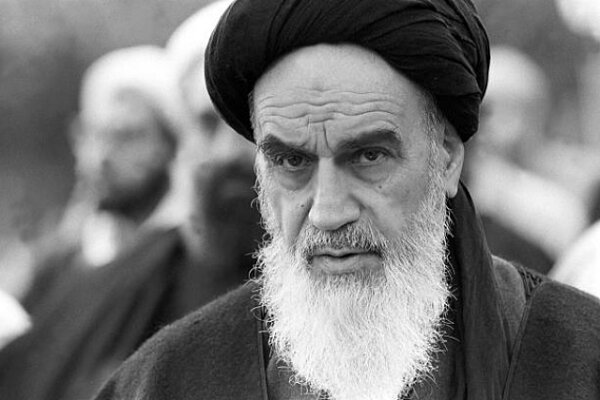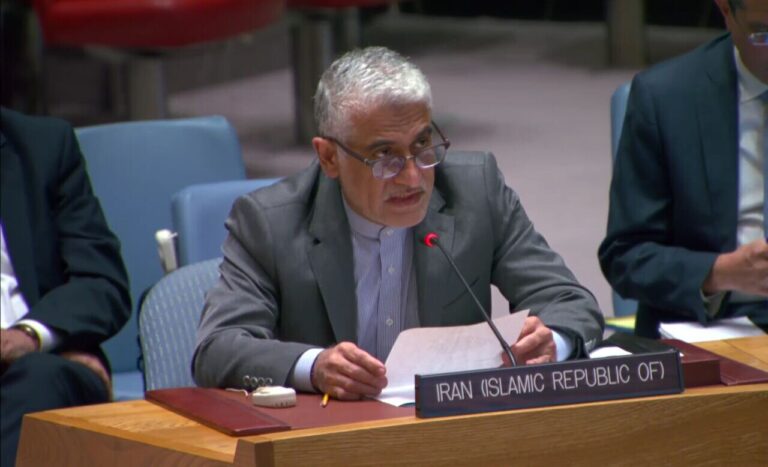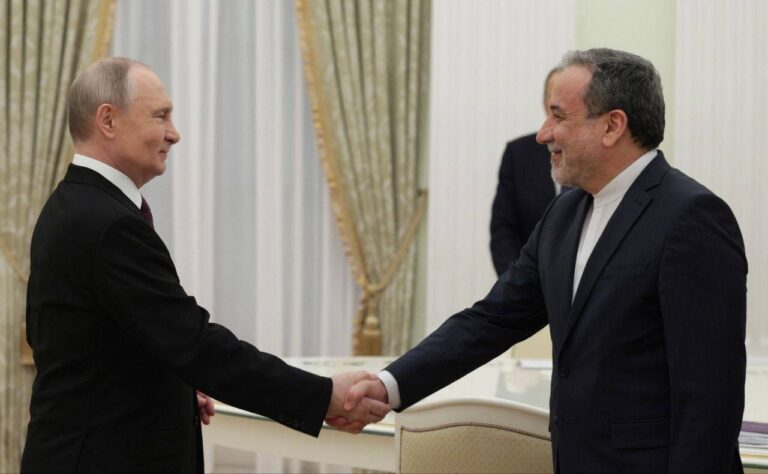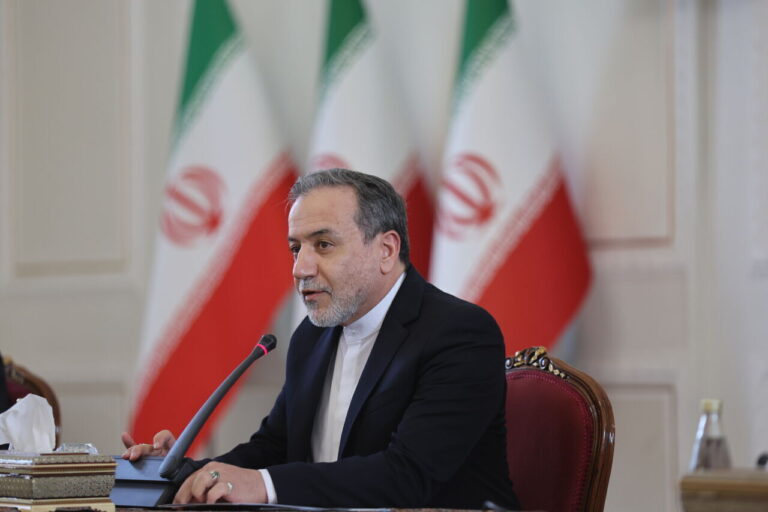Senior Iranian Judge Linked to ‘Death Committee’ Passes Away
In a significant development, the death of a high-ranking Iranian judge, Hossein Ali Nayeri, has drawn attention to his controversial past as a member of the notorious Death Committee. This committee was responsible for the execution of thousands of dissidents during the late 1980s, a dark chapter in Iran’s history. The head of Iran’s judiciary expressed condolences on Thursday, citing Nayeri’s long illness and attributing it to years of service to the Islamic Republic.
Gholamhossein Mohseni Ejei, the judiciary’s head, remarked, “Certainly, this ailment was due to many years of service to the holy system of the Islamic Republic of Iran and the judiciary.” This statement was reported by the judiciary’s Mizan news agency.
Nayeri’s passing comes amidst heightened tensions within Iran’s judicial system. Earlier this year, in January, a court employee tragically shot dead two veteran Supreme Court judges, Mohammad Moghiseh and Ali Razini, before taking his own life. Reports initially suggested a third judge was injured, but officials later clarified that only an injured bodyguard was involved.
Born in 1956, Hossein Ali Nayeri had a long and impactful career in Iran’s judiciary:
- Religious Judge at Evin Prison (1983-1989): During this significant period, Nayeri was appointed by Ruhollah Khomeini, the founder of the Islamic Republic. His role involved overseeing the treatment and sentencing of political prisoners, a time when executions were commonplace.
- Member of the Death Committee: Nayeri was a key figure in the judicial panel that condemned thousands to death during the summer of 1988, marking one of the most brutal crackdowns on political dissent in Iran’s history.
- Deputy Chief Justice of the Supreme Court (1989-2013): Following his tenure at Evin Prison, Nayeri ascended to this prominent position, shaping Iran’s judicial policies for over two decades.
- Head of the Judges Disciplinary Court (2013-2022): His leadership in this role further solidified his influence within the judicial system.
Despite his controversial legacy, Nayeri’s career reflects the complexities of Iran’s judicial landscape. His involvement in significant legal decisions has left a lasting impact on the country’s political prisoners and human rights situation.
In a parallel development, a hacktivist group has recently revealed that the Iranian police intelligence agency has issued thousands of gun permits to senior state officials. This move has raised concerns about potential assassination plots and the safety of judicial figures in Iran.
The implications of Nayeri’s death extend beyond mere condolences; they open up discussions about the legacy of the Death Committee and its role in shaping Iran’s contemporary judicial practices. Many human rights advocates and organizations continue to call for accountability for the actions of those involved in the committee, arguing that justice must be served for the victims of these tragic events.
As Iran navigates this period of turmoil and reflection, the fate of its judiciary remains uncertain. The recent incidents, including the assassination of judges and the issuance of gun permits, highlight the ongoing challenges faced by the Iranian judicial system.
In summary, the passing of Hossein Ali Nayeri serves as a poignant reminder of a tumultuous era in Iran’s history. His role in the Death Committee and subsequent judicial positions has left a controversial legacy that continues to evoke strong reactions both within Iran and internationally. As the nation grapples with its past, the importance of justice and accountability remains at the forefront of discussions surrounding its future.
